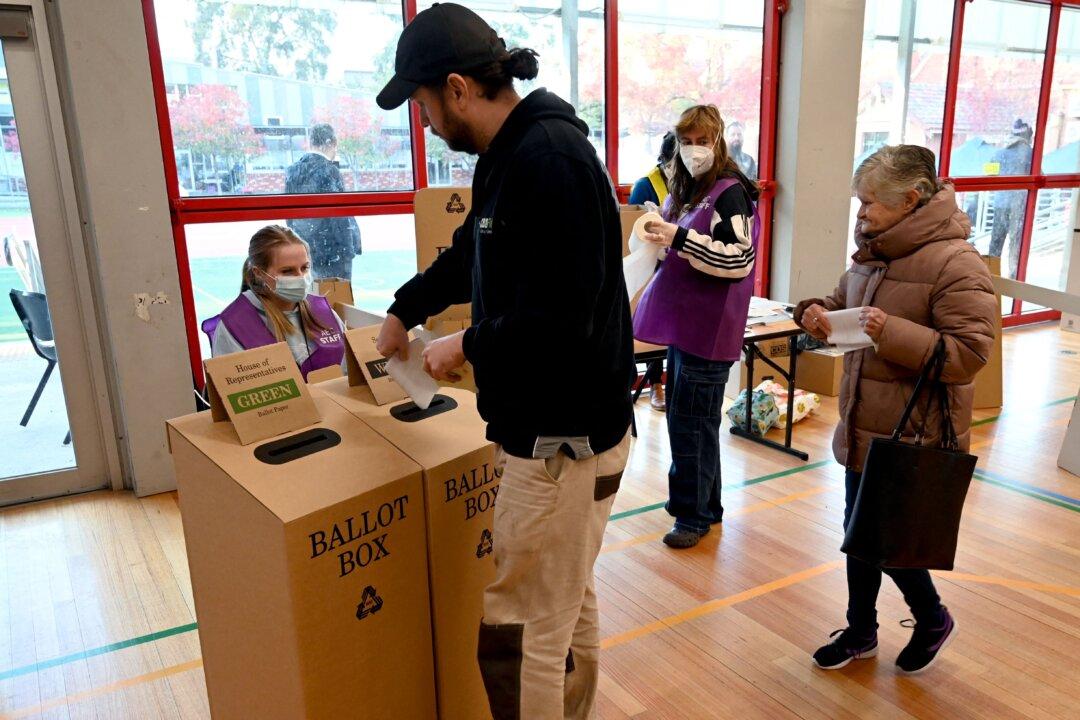An Australian think tank has called on the federal government to implement a real-time disclosure system for political donations to deal with the lack of transparency and integrity in Australian Politics.
This comes as the Australian Electoral Commission (AEC) has released data on donations made to political parties and politicians in the 2022-2023 financial year.





